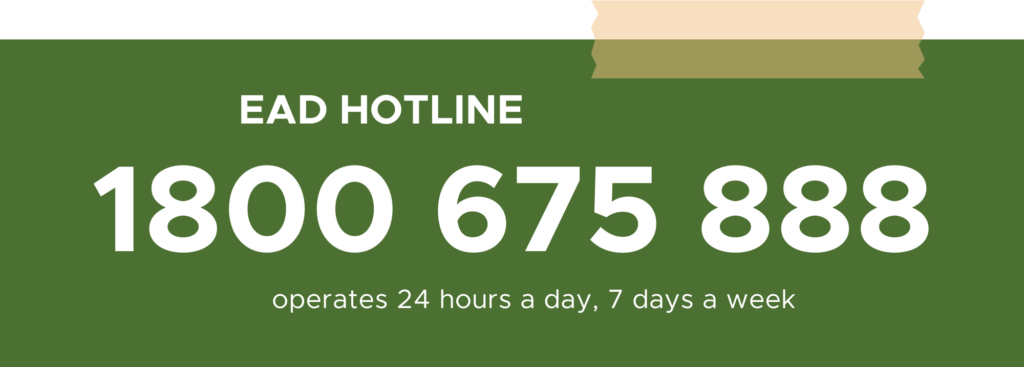What is an Emergency Animal Disease?
Emergency animal diseases (EADs) have the potential to cause significant impacts to the Victorian livestock industries. It could result in animal deaths, production losses and trade restrictions. Serious economic and social implications, along with negatively impacted animal, human and environmental health, are all possible.
Under the Australian Emergency Animal Disease Response Agreement (EADRA), the national definition of an EAD is a disease that meets one or more of the following criteria:
- A known disease that does not occur in an endemic form in Australia (i.e. it is not found regularly), and is considered in the national interest for the country to be free from that disease.
- A variation of a disease that is endemic in Australia, which if established in Australia would have a national impact.
- A serious infectious disease of unknown or uncertain cause, which may, on the evidence available at the time, be an entirely new disease or not included in the list of EADs in the EADRA.
- A known endemic disease in Australia but is occurring in such a severe outbreak form that an emergency response is required to ensure that there is neither a large-scale epidemic of national significance, nor serious loss of market access.
Signs it’s an EAD
- High rate of death or sickness in animals
- Sudden death
- Drop in production
- Rapid spread of disease through a flock or herd
- Blisters, erosions, or ulcers in their mouth, on or around their muzzle, feet, udder, or teats
- Excessive nasal discharge or salivation
- Unusual nervous signs such as tremors, uncharacteristic aggression, or paralysis
- Any unusual disease symptoms
- Diseases affecting multiple species
What To Do When You Come Across EAD
If you have seen any unusual signs of animal disease, call a private vet or a government vet, or the EAD Hotline.
The EAD Hotline is available to report unusual signs of animal disease or suspicion of an emergency or reportable animal disease. These include diseases exotic to Australia such as:

- Foot and Mouth disease,
- African swine fever, and
- Avian influenza.
Other notifiable diseases such as Anthrax or Hendra virus, or notifiable aquatic pests and prohibited matter, should also be reported to this hotline.
The EAD Hotline 1800 675 888 operates 24 hours a day, 7 days a week.
Stay Vigilant and Educated
As producers, it is important to understand that early detection of animal diseases will help prevent negative impacts on animal health, welfare, trade, regional or national productivity, public health and/or biodiversity. Owners of livestock need to maintain their vigilance, so that the chances of an EAD outbreak are decreased.
It is just as vital for industry professionals such as veterinarians, stock agents, and consultants to know about EADs, and what their responsibilities are if they suspect an EAD. Industry professionals should remember that:
- Early detection and reporting assists in preventing the establishment of exotic diseases, some with human health implications.
- Investigating any suspected EAD generates evidence that helps support Australia’s animal health status claim.
- Veterinarians have legal and professional requirements to report any suspected EADs.
Further Resources
Animal Health Australia manages the Emergency Animal Disease Response Agreement (EADRA)
Farm Biosecurity website explaining EADs
Agriculture Victoria
Click here to download the PDF version.
For further information, please contact the VFF Livestock Group on 1300 882 833 or by email [email protected]
Disclaimer: All care is taken in the preparation of the information and published materials produced by the Victorian Farmers Federation (VFF) including but not limited to errors, defects or omissions in the information provided. VFF does not make any representations or give any warranties about the accuracy, reliability, completeness, or suitability for any particular purpose in the preparation of the information and published materials. This publication is intended for general information purposes only and does not constitute financial, legal, investment, production, or marketing advice. To the maximum extent permitted by law, the VFF and all persons acting on behalf of the VFF in preparing documents, are excluded from all and any liability for any loss or damage of any kind arising in relation to this publication including any reliance on the information contained herein.
